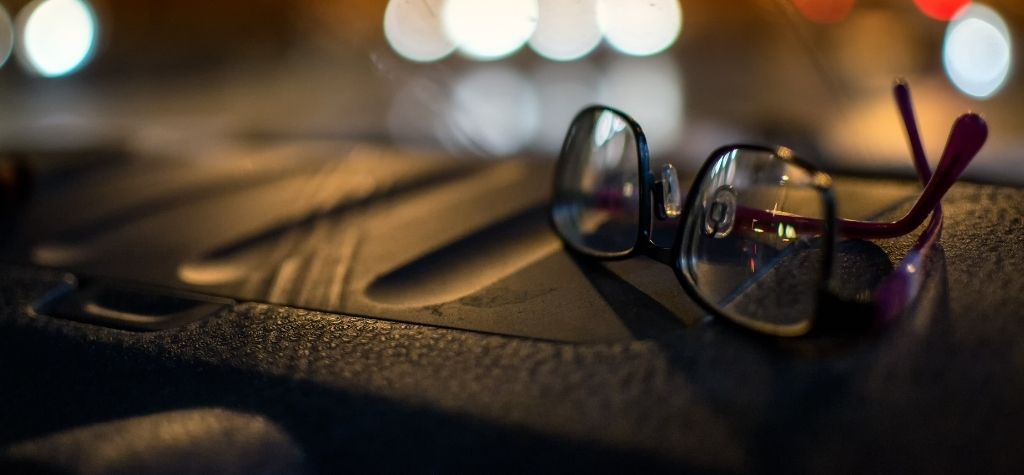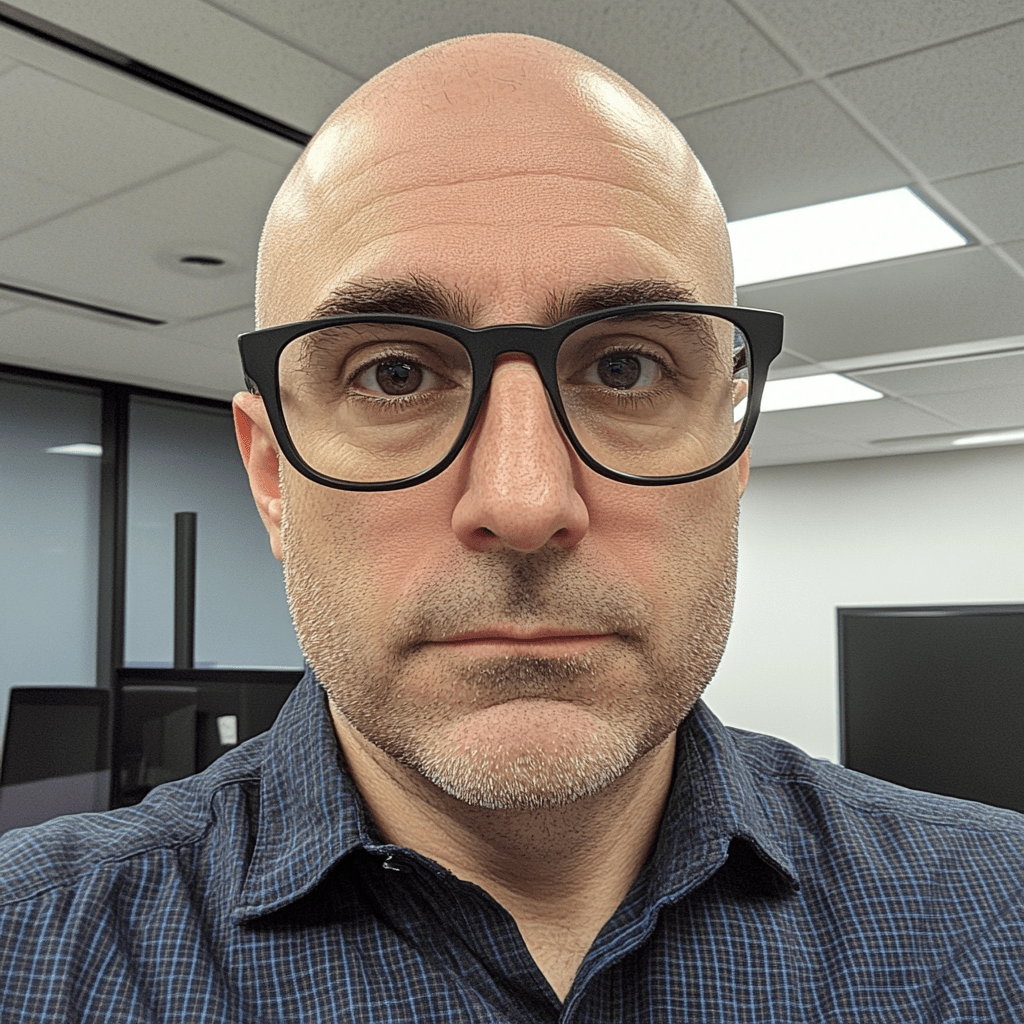Driving at night can be a challenge for many people. The glare of oncoming headlights, reflections from wet roads, and overall low-light conditions can significantly impact visibility. This is where night driving glasses come in, marketed as a solution to these common issues. But the big question remains: Do they really work, or are they just a gimmick? Let’s explore what experts and research have to say.
What Are Night Driving Glasses?

Night driving glasses are specially designed eyewear meant to reduce glare and improve vision during nighttime driving.
Design and Features
These glasses typically feature:
- Yellow or amber-tinted lenses
- Anti-reflective coatings
- Lightweight, wrap-around frames for a snug fit
Their primary goal is to make night driving safer by enhancing visual clarity and reducing distractions.
Types of Lenses Used
There are two main types:
- Non-prescription lenses – designed for general use
- Prescription lenses with anti-glare features – tailored to individual vision needs
The Science Behind Night Vision and Driving Challenges
Why Night Driving Is Riskier
Driving at night presents unique hazards:
- Limited visibility: Our eyes struggle to detect contrast in low light.
- Headlight glare: Oncoming traffic can cause temporary blindness.
- Fatigue: Reaction times tend to slow down after dark.
How Eyes React to Low Light and Glare
In dim lighting, pupils dilate to let in more light. However, this also increases sensitivity to glare, especially from bright sources like LED headlights or reflective road signs.
How Night Driving Glasses Claim to Help
Glare Reduction
Night driving glasses are said to filter out high-intensity blue light from headlights, which is the main cause of glare.
Enhanced Contrast and Clarity
The yellow tint helps increase contrast by reducing the scattering of blue light, theoretically helping drivers see road details more clearly.
Improved Focus Under Low Light Conditions
By eliminating visual noise and enhancing peripheral vision, these glasses may help reduce eye strain and improve focus on the road.
Do They Really Work? Evidence from Studies

What Clinical Research Shows
According to several studies, including one from the Journal of the American Medical Association (JAMA), night driving glasses with yellow lenses do not significantly improve nighttime driving performance.
However, they may subjectively help some drivers feel more confident, even if there’s no measurable enhancement in vision.
Expert Opinions from Optometrists
Many optometrists argue that:
- Yellow lenses can reduce glare to some extent, but not enough to significantly improve driving safety.
- Anti-reflective coatings on prescription lenses are often more effective than yellow-tinted lenses.
Pros and Cons of Night Driving Glasses
Advantages of Using Them
- May reduce perceived glare
- Can make some drivers feel more secure at night
- Often come with UV protection and anti-glare coating
Potential Drawbacks and Misconceptions
- Minimal proven benefit for night driving
- May darken overall vision, which can be risky
- Not a substitute for prescription eyewear
Best Situations to Use Night Driving Glasses
Urban vs. Rural Driving
In urban settings, where streetlights and ambient lighting are present, the glasses might help with visual comfort.
In rural areas, however, the added darkness caused by tinted lenses may make things worse.
Weather Conditions Impact
During fog, rain, or snow, night driving glasses can sometimes enhance contrast, but they may also reduce overall visibility, making them a mixed bag.
Alternatives to Night Driving Glasses
Anti-Reflective Coated Prescription Glasses
These are often more effective for nighttime driving than non-prescription yellow-tinted glasses.
Car Safety Features and Upgraded Headlights
- LED or adaptive headlights enhance visibility
- Interior light dimmers and clean windshields also help reduce glare
How to Choose the Right Pair

Lens Tint and Coating
- Avoid overly dark tints
- Opt for AR (Anti-Reflective) coating
- Make sure the lenses are optically clear
Fit and Comfort
- Look for wrap-around designs that reduce side glare
- Lightweight materials and adjustable nose pads enhance comfort
Top Recommended Brands and Products
- Blupond Night Driving Glasses
- ROCKNIGHT HD Vision Glasses
- Duco Night Vision Driving Glasses
Always consult with an eye care professional before choosing eyewear that may impact your vision.
FAQs About Night Driving Glasses
1. Do night driving glasses work for everyone?
No, their effectiveness varies. Some people find them helpful, while others may not notice any improvement.
2. Are yellow lenses better for night vision?
They can reduce glare but may also dim your vision overall, which can be counterproductive.
3. Can I wear them over my prescription glasses?
Some brands offer fit-over models designed for that purpose.
4. Are they safe for all driving conditions?
Not necessarily. They may worsen visibility in dark, unlit areas.
5. Do I need a prescription for night driving glasses?
Most are non-prescription, but prescription versions with anti-glare coatings are often more effective.
6. What’s the best alternative to night driving glasses?
Prescription glasses with anti-reflective coating and keeping your windshield clean.
Conclusion: Are Night Driving Glasses Worth It?

While night driving glasses may offer psychological comfort and some mild glare reduction, clinical studies suggest they do not significantly improve night driving safety. That said, some drivers swear by them, especially in well-lit urban areas or under specific weather conditions.
Ultimately, if you’re struggling with night vision, the best step is to consult an eye care professional, upgrade your car’s lighting, and ensure your prescription glasses are up to date.

